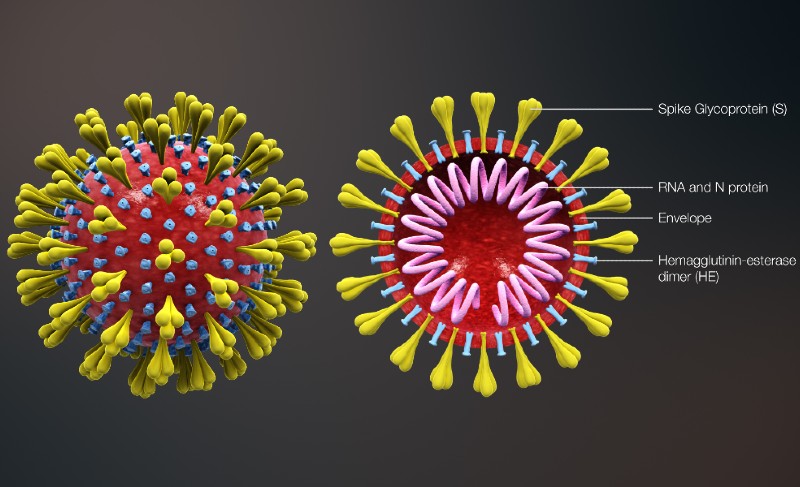What does one write in the middle of a pandemic? You will read this 10 days after I write it – and 10 days is like a decade right now.
Most of us are frightened due to the unknown, and given that you can get as much hysteria as you need from CNN at no cost, I will focus on silver linings.
Some time from now, after this is over, as we start to recover from the economic and personal carnage, what positives will be out there from which we can learn?
Our political leaders will have hopefully learned that you really do have to pay attention to the possibility of pandemics and other natural disasters. If you look at the damage COVID-19 has done, it becomes clear that material investments must be made in our own security. Some form of “Pandemic Ministry” should exist in every country, investing in the response to the inevitable next Bad Bug, and should be properly funded to do so.
The world’s net worth has gone down by trillions of dollars. A small proportion of that amount properly invested would have had a positive impact on the outcome.
On a personal level, consider what you did with your time during the lockdown and any travel related quarantines? How did you use that time? Was it well used? What changes might you make in your daily life based on those learnings?
What did we learn about others in our immediate circle, in our families, our broader circles, our community? Were people good to each other? Were they kind? Did people reach out and care? Evidence to date suggests that has been the case, hopefully that has not changed by the time this article is printed.
What kept working, what did not, and at what personal cost? Did the phones keep working, television and all the feeders to it, reporting, newspapers, heating supplies like natural gas, electricity, police services, and of course, our medical community that even now as I write this on March 23 is stretched and tiring.
What about our much maligned politicians and their advisors. Who do we need to thank? Who has risen to the occasion and should be so recognized? Can we separate our politics from our humanity and do the right thing?
Who stepped up in our own Jewish community to take care of those most vulnerable? Who along with UJA made sure that seniors and Holocaust survivors were fed and cared for? Who, with new donations, kept the lights on in key institutions like the Jewish community centres during this time of zero revenue? Who worked overtime, simply because it was needed?
Let’s support and thank our heroes. Some of those who get sick, and even some who die, may have been infected while helping others. Those are some of the heroes I am talking about.
READ: DIAMOND: THE ANTI-SEMITISM DISEASE IS SPREADING
Perhaps, once we are back to normal, we will understand how much we take for granted. That in normal times, we can shake someone’s hand without fear, or hug our family and friends, that we can kibbitz with the grandkids without wondering whether they are infecting us, that we can gather anywhere we want to watch theatre or concerts or movies or have a picnic, that we can watch sports in person or on TV, that we can have friends over for dinner, or go out for delicious meals at any one of thousands of some of the best restaurants on the planet, that we can hop on a plane, and visit another place and enjoy another culture, that we can share and help others without fear. And a key point- that whatever our level of wealth, health and our security are the great equalizers.
Life is certainly full of surprises. COVID-19 is one of those nasty life events that we don’t expect (but probably should) and which teaches us so much. Let’s learn from what we did not do, from what we did right or not, but above all, when we look back, let’s remember how much we have, and appreciate every bit of the good that we have available to us. May God and good fortune be with every one of you!







